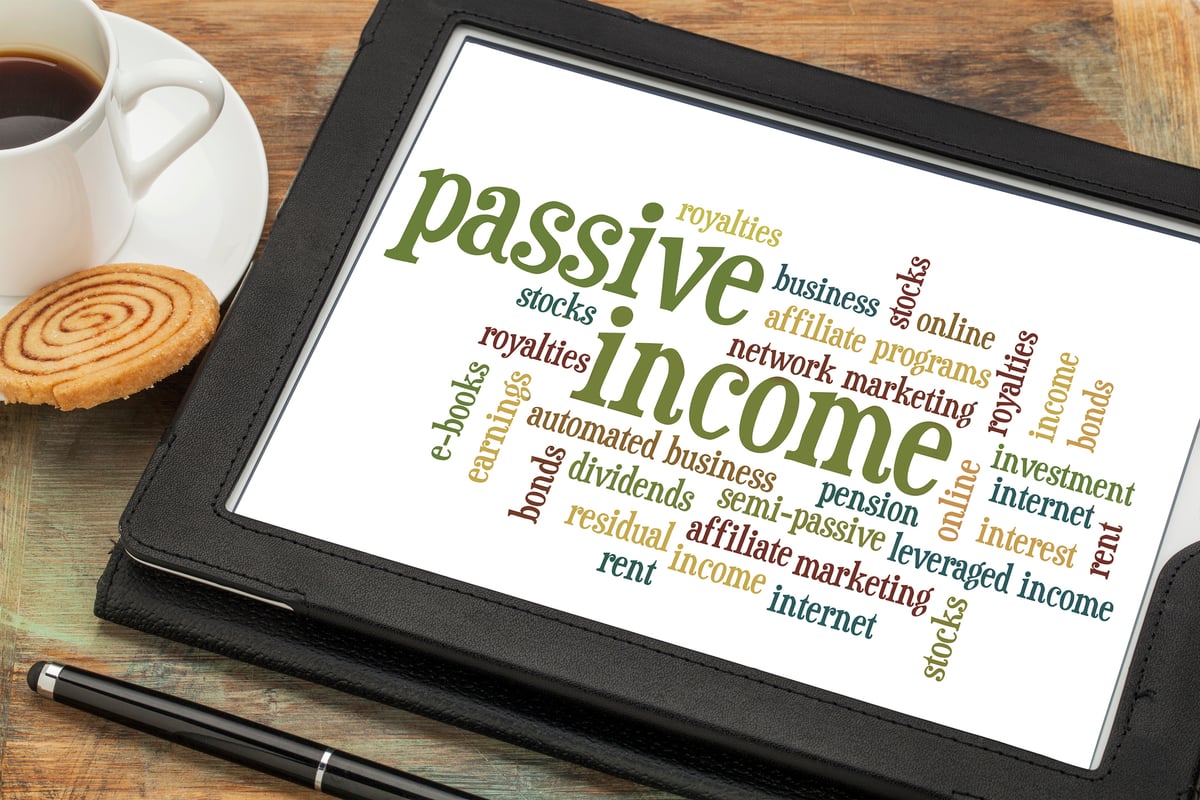Zillow (Z 0.90%) (ZG 0.79%) is still an unprofitable company. Now, it's expanding into the iBuying market, which has accelerated the company's losses.
In this clip from Industry Focus: Energy, Motley Fool contributor Luis Sanchez and Industry Focus host Nick Sciple discuss Zillow's path to profitability.
To catch full episodes of all The Motley Fool's free podcasts, check out our podcast center. A full transcript follows the video.
This video was recorded on Sept. 5, 2019.
Nick Sciple: OK, Luis, as we talk about this i-buying, home flipping model, adding liquidity to the real estate market, you can see how it makes a lot of sense for buyers. Do you think Zillow is actually going to make money on this? As we mentioned off the top, this is a company that wasn't showing accounting profits in its core advertising business. Now you're moving into a significantly more capital-intensive business than that legacy offering. What are the financials looking like so far?
Luis Sanchez: Making money is a funny term these days for growth stocks. Clearly, the trend isn't for companies to be that focused on making money. Zillow seems to be embodying that spirit of the latest trend of these tech companies. Technically, Zillow isn't showing a profit on an accounting basis for its advertising business, although it is cash flow positive, and that's definitely worth noting. It's self-financing. They're definitely using that cash flow from the advertising business to help get this home buying business off the ground.
The idea here is that as Zillow is ramping up this business, they're going to burn a lot of cash because they're going to have to buy a bunch of houses before they sell them. So far, it's proven to be just that. In the first half of 2019, Zillow lost over $116 million in terms of operating losses. Perhaps these operating losses are a bit overstated because the company isn't operating at scale yet, and there's plenty of start-up costs and overhead costs that come with starting a new business and rolling out to all these new cities.
I think it's most helpful to focus in on the economics of the average home flipping transaction. Zillow actually does a really good job of providing disclosures for that. According to Zillow, in the second quarter of 2019, which is the most recent quarter, they sold 786 homes. On average, they purchased a home for about $286,000. On average, it sold a home for about $317,000. Right off the top, that's a $31,000 gain per home, which is about 11% gain. Although, it's worth noting that 11% gain includes their 6% to 9% commission.
But there's additional costs in there. Zillow basically discloses that on average, for each home, it incurs about $29,000 in additional expenses to renovate each home and also to sell each home, and then another approximately $4,000 to $5,000 in interest expense that it incurred to borrow money to buy each home. So, if you add the interest expense to the selling costs, Zillow is actually burning a couple of thousand dollars for each home at the transaction level. That is actually not accounting for any of the overhead costs, including a pretty heavy cost for tech development and advertising.
So, basically, this Zillow Offers business is a negative gross margin business as it is today. And then, of course, it's an even more negative operating margin business right now.
Sciple: You have a $31,000 profit off the top, and then immediately $29,000 goes out the door for refurbishing costs. You can see how it's difficult. And, you take into account interest expense and marketing to make sure people know about this program, and those sorts of things. It's difficult to maintain profitability. But it's worth noting, this is very early days for the business.
Luis, when it comes to the end game for this company, when Zillow reaches scale, what is Zillow's plan to use this home buying business? How does that fit into the overall strategy Zillow has going forward?
Sanchez: Clearly, Zillow has a plan here, albeit it's a pretty ambitious and visionary one. The way I have thought about it is, there's a few different legs to the stool of profitability for Zillow Offers, so to speak. The first one is, Zillow believes that once they get this Zillow Offers business to scale, they can actually make a slight profit on the actual home flipping part of the equation. But really, it looks like the real money is actually going to be in building businesses outside of directly buying and selling the home. Zillow wants to create this whole ecosystem of using its platform as a place to transact on homes and then cross-selling other services to people. Obviously, the company already has advertising relationships with real estate agents. If you're someone who's selling a home on Zillow, you may also then use Zillow if you're going to go buy another home, and therefore, you may be inclined to use the premium agent product through Zillow.
More interestingly, though, perhaps, is that Zillow is actually getting into other businesses related to the transaction process. Last year, Zillow acquired a mortgage company. They hope to attach mortgages to different transactions on their platform. There's a whole host of other ancillary services that you could see them attaching that they've also laid out in their filing. These services include everything from title insurance to escrow, moving services. If you start to think about it, these other businesses, including the mortgage business, are a lot more straightforward fee-for-service businesses that have a really straightforward cost structure. It's really easy to see Zillow making a profit if it can bundle up a lot of these services, in addition to flipping the home.
I think this whole exercise is more of an ecosystem play. To the extent that Zillow can get scale in this product and build other services around buying and selling homes, it could actually work.







